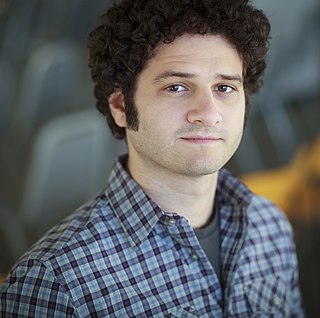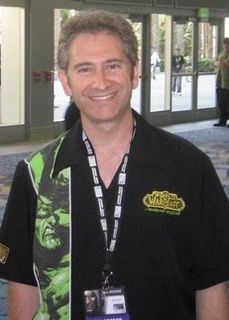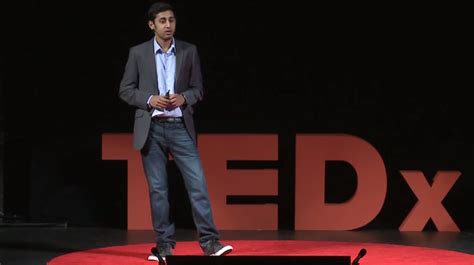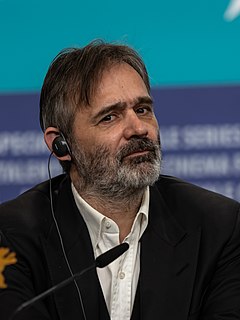A Quote by Dustin Moskovitz
The first time I looked at Yammer, I thought I was on Facebook. Work is not a social network, with serendipitous communications and photo collections. Work is about managing tasks and responding to things quickly.
Related Quotes
I went to work in accounting at Arthur Andersen. At one point, it was the creme de la creme. I wanted to work there because it looked like the hardest thing I could find, and I loved being on a steep learning curve. I progressed quickly, and two years out of college, I was managing a small team of people.
Facebook has never been merely a social platform. Rather, it exploits our social interactions the way a Tupperware party does. Facebook does not exist to help us make friends, but to turn our network of connections, brand preferences and activities over time - our 'social graphs' - into money for others.
I can't live in a bubble and expect to come and work with Dior or go work on a movie and not have some kind of an evolution within myself and my own thought process and a passion about things or what's happening in the world. All of those things are the elements that make you who you are, and those are the things that sincerely come across in a photo or a commercial or in an interview. That's a constant thing for me.
There are two synergistic approaches for increasing productivity that are inversions of each other:
1. Limit tasks to the important to shorten work time (80/20).
2. Shorten work time to limit tasks to the important (Parkinson's Law).
The best solution is to use both together: Identify the few critical tasks that contribute most to income and schedule them with very short and clear deadlines.
I love to work, and to make all kinds of work. But if I work on a fashion story then I work for somebody. If I work for me, for an art project, then I'm not that nervous. It doesn't matter when the photo is done. And if I work on a fashion shoot, then I have access to all these things that I can use later for my art - a still life here or there. I can do all of this while the model is changing.
Online I see people committing 'social media suicide' all the time by one of two ways. Firstly by responding to all criticism, meaning you're never going to find time to complete important milestones of your own, and by responding to things that don't warrant a response. This lends more credibility by driving traffic.

































